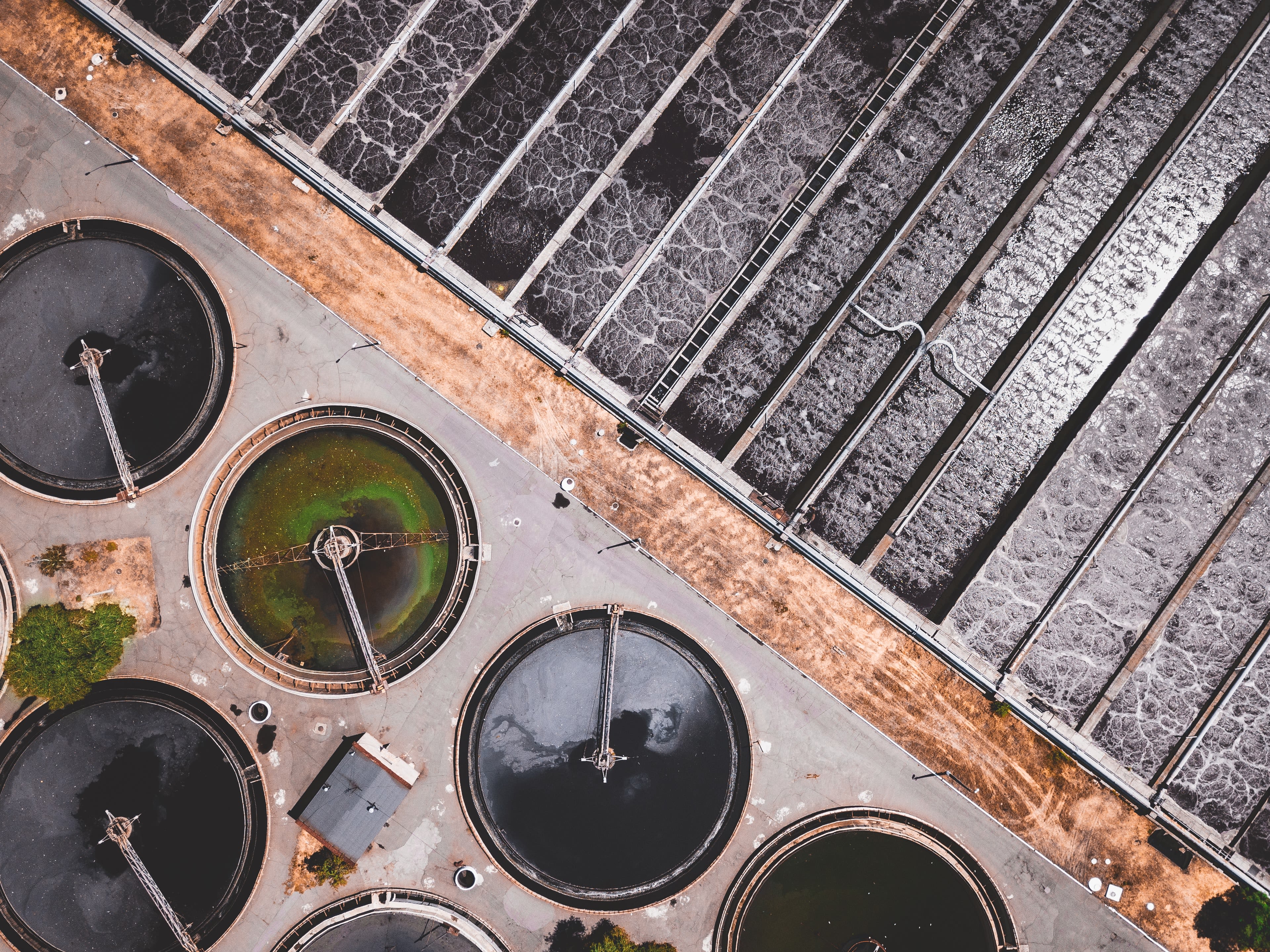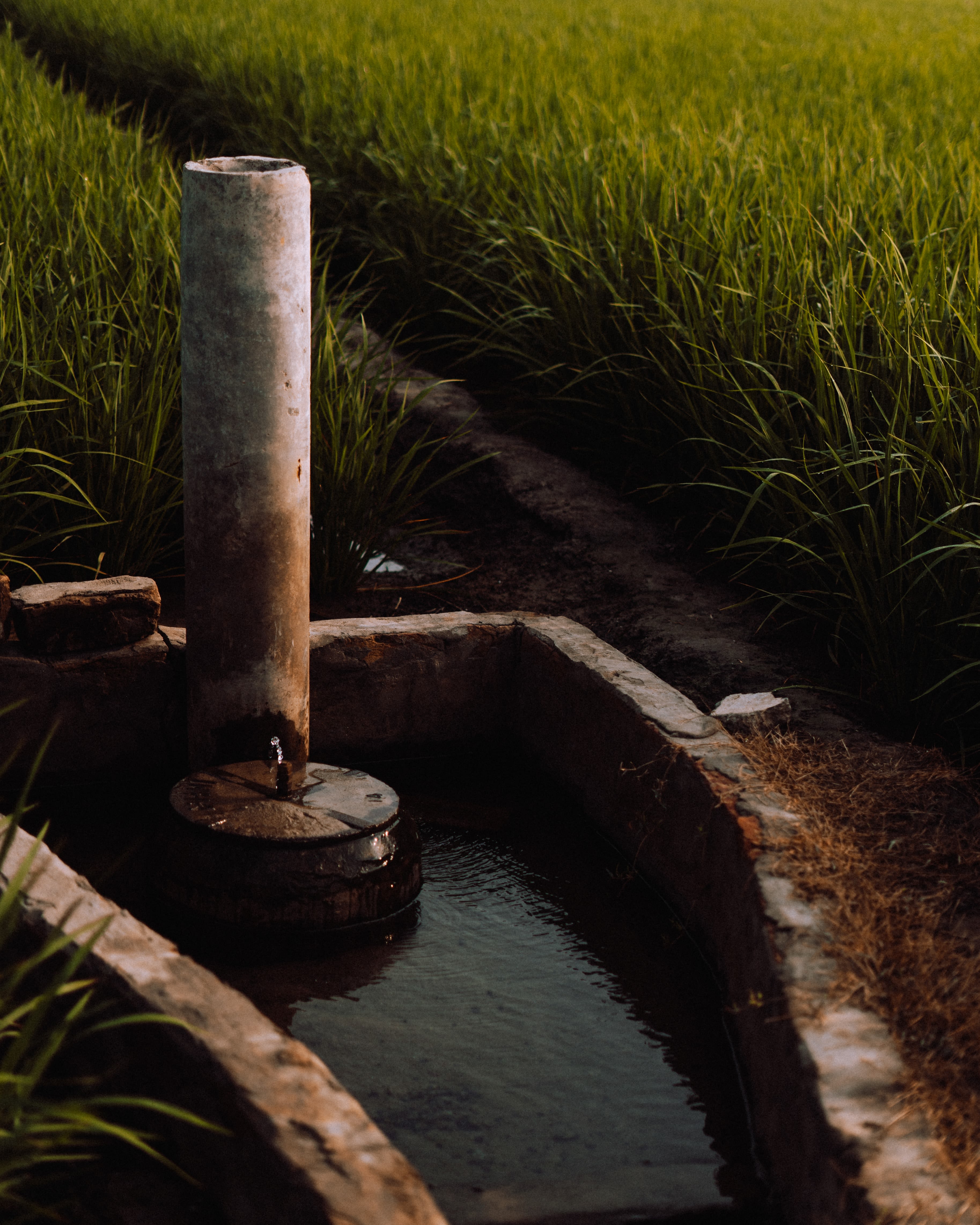Scaling Up Circularity Efforts to Support UN’s Water Action Agenda

Water systems are essential aspects of the support and maintenance of ecosystems, while their impact is a key determinant of socioeconomic prosperity. Climate-driven changes and anthropogenic pressures alike have highlighted a need for more sustainable water management practices to maintain ecosystem integrity and prevent biodiversity loss at the Global Scale. As cross-cutting elements of sustainable development, water and sanitation are at the core of the 2030 Agenda for Sustainable Development and were crucial topics for discussion at the UN 2023 Water Conference in New York. At this landmark conference, the international community pledged to achieve a water-secure planet by launching the Water Action Decade spanning 2018-2028, in conjunction with accelerating global water activities to accomplish and leverage all SDGs. The conference has been hailed as a unique opportunity to mobilise water action and ramp up international coordination to accelerate progress towards SDG6 - universal access to safe water and sanitation by 2030.

Hailed as a historic opportunity to mobilise water action and international coordination in support of SDG6 (Universal access to safe water and sanitation by 2023), the UN 2023 Water Conference has reiterated the pressing need for resolute commitments, unwavering pledges, and decisive action that encompasses all sectors, industries, and interests to deliver the 2030 Agenda for Sustainable Development. As water is inextricably linked to the three pillars of sustainable development, its preservation and associated activities must be developed in view of political, social, legal, and economic dimensions. A truly holistic understanding and acknowledgement of water management cannot be achieved individually; indeed, environmental resource management is, by its very nature, intertwined. Resource security and sustainability can be achieved by identifying and utilising sectoral synergies and trade-offs to optimise policy processes.
The untapped potential of water system circularity can be harnessed to reduce water footprints while enabling multiple lives of water for sectors such as manufacturing, energy, and agriculture. Furthermore, restorative and regenerative circular economy models have the potential to close the current loop in the water cycle by providing a reliable alternative to conventional water resources being applied as an instrument to achieve sustainable water management. Water reuse and the enhanced conservation of freshwater systems can synergise with the Circular Economy model, provided that the value is maximised through wastewater reuse and recovery in terms of nutrients and water. Despite these possibilities, however, an effective uptake of water reuse has been limited due to implementational obstructions – particularly regarding socio-economic aspects and legal provisions.

Smart Water for Smart Cities
The availability and accessibility of data (or lack of it) appear to pose the major obstacle to the realisation of the extent and potential of water circularity in the private sector. The unalignment of industry-based planning for economic return and adaptation plans for natural, sustainable resource management can result in little to no shared objectives. To better reveal these synergies, research at UNU-FLORES aims to address research gaps surrounding water reuse applications in the private sector and its barriers to adoption in the frame of public-private partnerships. SMART-WaterDomain focuses on building resilience, raising awareness, and increasing the adaptive capacity of the water sector.
The digital decision-support and monitoring tool (DSS) that is being developed as part of the project’s efforts will support real-time data collection on water demands, availability, and quality from both public and private organisations. By defining alternative business models for water reuse, the decision support system will help organisations to establish Nexus strategies to increase their capabilities for sustainable water management. The DSS is expected to facilitate the uptake of smart wastewater resource reuse while serving as an assessment mechanism for companies to integrate these techniques into their value chains. The knowledge generated throughout these research efforts will greatly help to reduce the gap between technical capabilities and actual application in socio-political and cultural environments and assist in overcoming existing barriers to sustainable water management in the long term.
Innovation and robust partnerships are crucial to achieving SDG 6 and ensuring progress towards water security targets. It is vital that strong collaboration is fostered between the public and private sectors and civil society for effective water management; doing so requires sharing data and knowledge in decision-making processes. Encouraging public-private partnerships in the water sector can unlock unexplored potential and support countries' access, and adapt to innovative solutions and technologies. Public-private partnerships (PPPs) offer a promising approach to the water sector regarding accessing financial resources, tapping into private expertise, and promoting new technologies that could optimise urban water management in industrial and agricultural settings. The reciprocal interface between public and private stakeholders and their cross-sectoral synergies are particularly relevant to ensure added value to water-energy optimisation systems and advocating for water reuse within a smart water management strategy. In consolidating the stakes of all involved from the public and private sectors, PPPs act as fundamental drivers of integrated water management solutions that are tailored to the specific needs of local communities and ecosystems.

Circular Water for Food & Health
In a world where the demand for freshwater is growing, diversification of water supply sources is essential to improve water security and resilience - particularly in water-scarce regions. Although wastewater can serve as an additional water source for productivity sectors such as industry and agriculture from an economic perspective, it is also crucial that any potential risks to human health associated with reuse activities are managed; this will both increase public acceptance of these activities and maximise the benefits of using treated wastewater in wider society. Safe Use of Wastewater in Agriculture (SUWA) is a great example of a sustainable solution that addresses the challenges of wastewater reuse in a safe and environmentally sound manner. SUWA facilitates dialogue among UN Member States to develop their national capacities and implement strategic policies that promote productivity through wastewater reuse. By guaranteeing adherence to WASH principles, SUWA aims to reduce pollution and ease the pressure on water resources.

Digital Solutions for Water Security
There is a dire need to install appropriate and locally accepted business models that are capable of replacing traditional water infrastructure with eco-friendly and nature-inspired solutions. These solutions should be integrated with proper management knowledge, and must allow for a more equitable provision of water. The final closing stages of the water cycle pertain to groundwater. To that end, Managed Aquifer Recharge (MAR) is a unique alternative to adopt sustainable water management over traditional water infrastructure. Greener, nature-inspired solutions for more equitable water provisioning must be supported by the development and use of ICT-based tools, coupled with the participatory processes of citizen science. Such mechanisms can supply freshwater to depleted aquifers to ensure a reliable and resilient water supply, without compromising water quality and ecosystem services. MAR is a valuable tool to achieve multiple SDGs and circular economy principles alike to enable a reliable and resilient water supply without compromising water quality and sustaining ecosystems services beyond the provisioning of water.

Unlocking Water's Power: Resource Nexus for the Water Action Agenda
As we pass the halfway point to the completion of the 2030 Agenda, it is clearer than ever that adopting a holistic approach to water management, recognising the intricate interplays between the natural and human systems that rely on water, and implementing adaptive management practices that can respond to changing conditions and evolving needs, are of the utmost importance to our future. The UN 2023 Water Conference was integral in presenting a fresh, fortified opportunity to mobilise 'substantial, innovative and transformative' action towards a water-secure world by considering the cross-sectoral aspects of the 2030 Agenda.
Adopting Nexus thinking is necessary to ensure that decision-makers fully comprehend the long-term impacts of policy outcomes across different sectors and users and to enhance cross-sectoral cooperation at local, regional and global levels. Moreover, Nexus thinking can only be realised upon the identification and use of synergies and trade-offs to optimise policy processes and governance arrangements for resource security and sustainability. UNU-FLORES champions the significance of the Resource Nexus advancing the mission of the UN Agenda to tackle the global water crisis, and to spark international collaboration for renewed efforts to accomplish SDG6 – a Goal that can only be achieved by moving beyond linear, single-resource 'silo' thinking.

Photo by Claudio Schwarz on Unsplash
Photo by Claudio Schwarz on Unsplash
Produced by
UNU-FLORES
UNU Institute for Integrated Management of Material Fluxes and of Resources
Ammonstrasse 74
Dresden, 01067
Germany
Edited by: Louisa Andrews